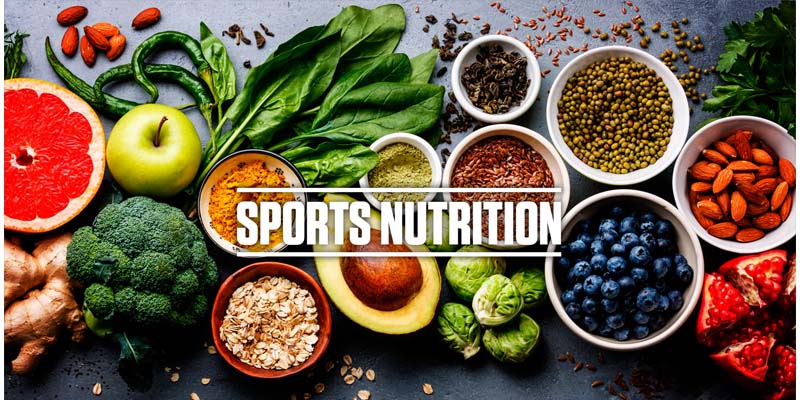Sports Nutrition is a vital component in optimizing athletic performance. Whether you are a professional athlete or an aspiring weekend warrior, understanding the principles of sports nutrition can significantly affect your physical capabilities and overall well-being. This blog post dives deep into the nuances of sports nutrition—uncovering its secrets to help athletes reach their peak potential through informed dietary choices.
Understanding Sports Nutrition
The landscape of sports nutrition is vast and varied, encompassing everything from the types of food athletes consume to the timing of their meals. It goes beyond simply eating healthy; it is about tailoring one’s diet to meet the specific demands of athletic performance.
Athletes must understand how different foods interact with their bodies, how they fuel performance, and how they facilitate recovery. The goal of sports nutrition is to optimize energy levels, reduce the risk of injury, promote muscle repair, and enhance overall performance. As competitive sports continue to evolve, so too does the science behind sports nutrition, making it an ever-changing field ripe for exploration.
Defining Sports Nutrition
Sports nutrition is not just about consuming calories; it is about strategically fueling the body to perform at its best. It encompasses the study of the effects of nutrients on performance, recovery, and overall health.
In essence, sports nutrition involves a tailored approach that considers an athlete’s unique needs, including their sport-specific demands, training intensity, and individual metabolic rates. A holistic understanding of sports nutrition allows athletes to make informed decisions regarding what they eat, when they eat, and how much they consume, ultimately leading to improved performance on and off the field.
The Role of Diet in Athletic Performance
Diet plays a pivotal role in an athlete’s success. A well-balanced diet provides essential nutrients that support energy production, muscle growth, and recovery. Athletes who neglect proper nutrition often find themselves fatigued, prone to injuries, and unable to maximize their performance.
Furthermore, dietary choices can impact an athlete’s mental state. Foods rich in omega-3 fatty acids, antioxidants, and vitamins can enhance cognitive function and mood, enabling athletes to stay focused and motivated throughout their training and competitions. Thus, a comprehensive understanding of sports nutrition helps lay the foundation for athletes to achieve optimal performance levels.
Key Nutritional Components for Athletes
An athlete’s diet should contain a variety of nutritional components, each serving a specific purpose. These include macronutrients—carbohydrates, proteins, and fats—as well as micronutrients such as vitamins and minerals. Together, these elements form a robust framework for achieving peak performance.
By focusing on the right combination of these nutrients, athletes can tailor their diets to meet their individual goals. Whether it’s building strength, improving endurance, or enhancing recovery times, understanding the key nutritional components is crucial for success in any athletic endeavor.
Macronutrients in Sports Nutrition
Macronutrients are the cornerstone of sports nutrition, providing the energy required for high-intensity training and performance. Each macronutrient has a distinct role that contributes to various aspects of an athlete’s health and efficiency.
Understanding how to balance these macronutrients according to the athlete’s specific needs can lead to improved performance, reduced fatigue, and enhanced recovery. Therefore, delving deeper into each macronutrient will reveal their significance in the realm of sports nutrition.
Importance of Carbohydrates for Energy
Carbohydrates are the primary source of energy for athletes, fueling both aerobic and anaerobic activities. They help replenish glycogen stores in muscles and the liver, which are critical during prolonged exercise sessions.
Athletes engaging in high-intensity sports require a higher carbohydrate intake to sustain performance levels. Foods like pasta, rice, bread, fruits, and starchy vegetables are all excellent sources of carbohydrates. However, the timing of carbohydrate consumption is equally important. Consuming carbs before workouts can boost energy levels, while replenishing them post-exercise aids in recovery.
Moreover, not all carbohydrates are created equal. Choosing complex carbohydrates over simple sugars can provide sustained energy release, helping athletes maintain performance levels over time. An understanding of the glycemic index can further aid athletes in selecting the most beneficial carbohydrate sources for their specific needs.
Conclusion
In conclusion, the intricacies of sports nutrition play a vital role in an athlete’s ability to perform at their best. From understanding macronutrients and micronutrients to meal timing and customized dietary approaches, athletes can enhance their performance through informed nutritional strategies.
